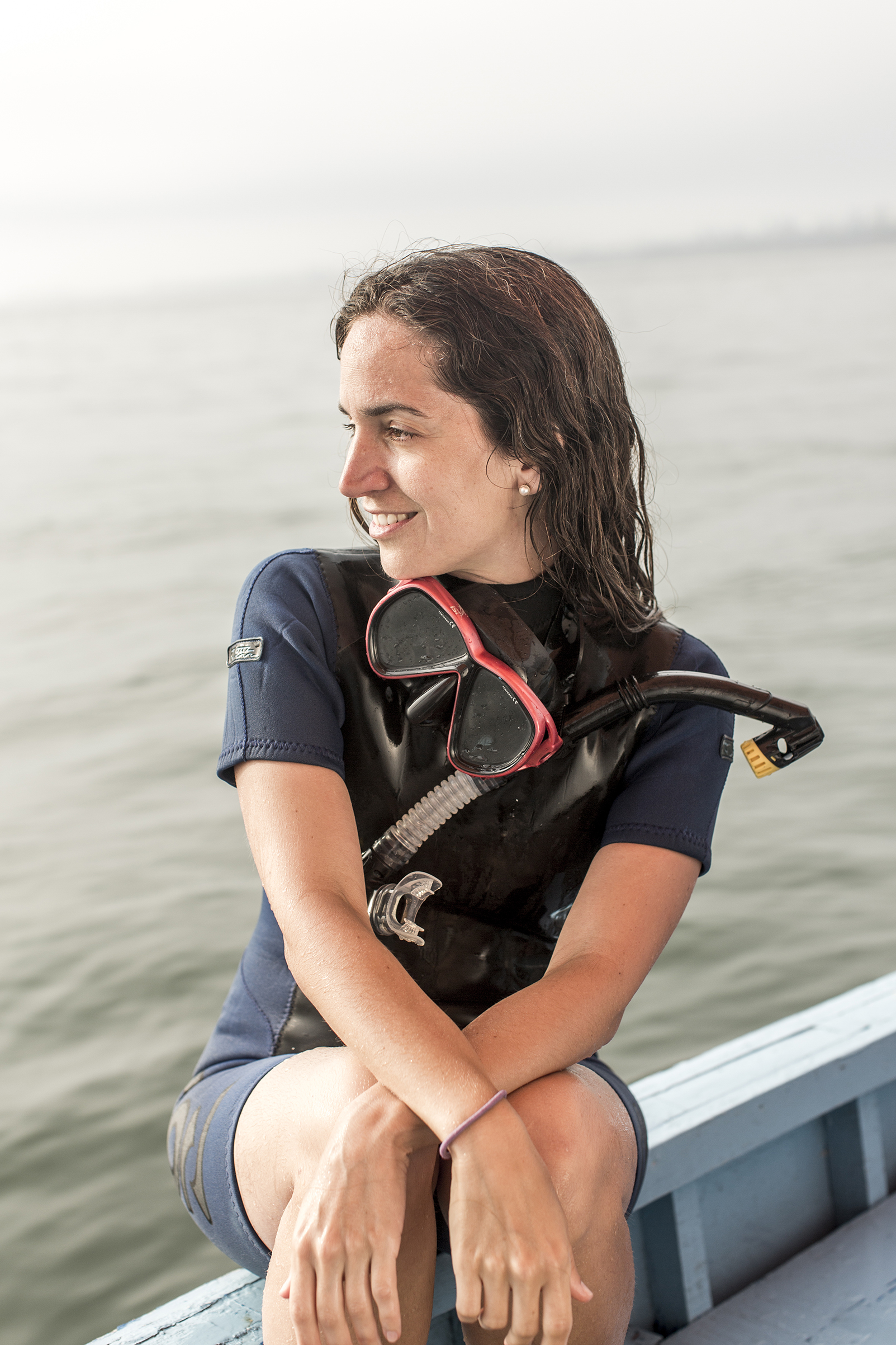It all began with an after-school group. Dissatisfied with how students seemed unimpressed by the small on-site zoo at her school in Lima, Kerstin Forsberg started a nature club to engage her peers and teachers. She was 9 years old.
Now 33, Forsberg is still devoting her life to creatures in need of attention. But her new club has a bit more clout: Planeta Océano, a volunteer-heavy NGO, aims to empower and educate coastal communities about their local marine environment, with a particular eye toward conserving northern Peru’s giant manta rays. “What really caught my attention was their vulnerability,” says Forsberg, pointing out that the mantas reproduce at the slow rate of one pup every two to seven years. “They were being eaten and sold, and no one cared. This iconic, majestic species was completely disregarded.”
Forsberg’s team developed a campaign to acquire legal protection for the mantas, which involved door-to-door canvassing and months of meetings with various authorities. After two years, the government finally took her proposals on board. “Conservation is a long-term commitment,” she says. “It’s impossible to solve an environmental issue or challenge in a day. It takes a lot of time, effort, resources, commitment and perseverance. That’s what drives us forward.”

- How Nayib Bukele’s ‘Iron Fist’ Has Transformed El Salvador
- What Makes a Friendship Last Forever?
- How to Read Political Polls Like a Pro
- Long COVID Looks Different in Kids
- What a $129 Frying Pan Says About America’s Eating Habits
- How ‘Friendshoring’ Made Southeast Asia Pivotal to the AI Revolution
- Column: Your Cynicism Isn’t Helping Anybody
- The 32 Most Anticipated Books of Fall 2024